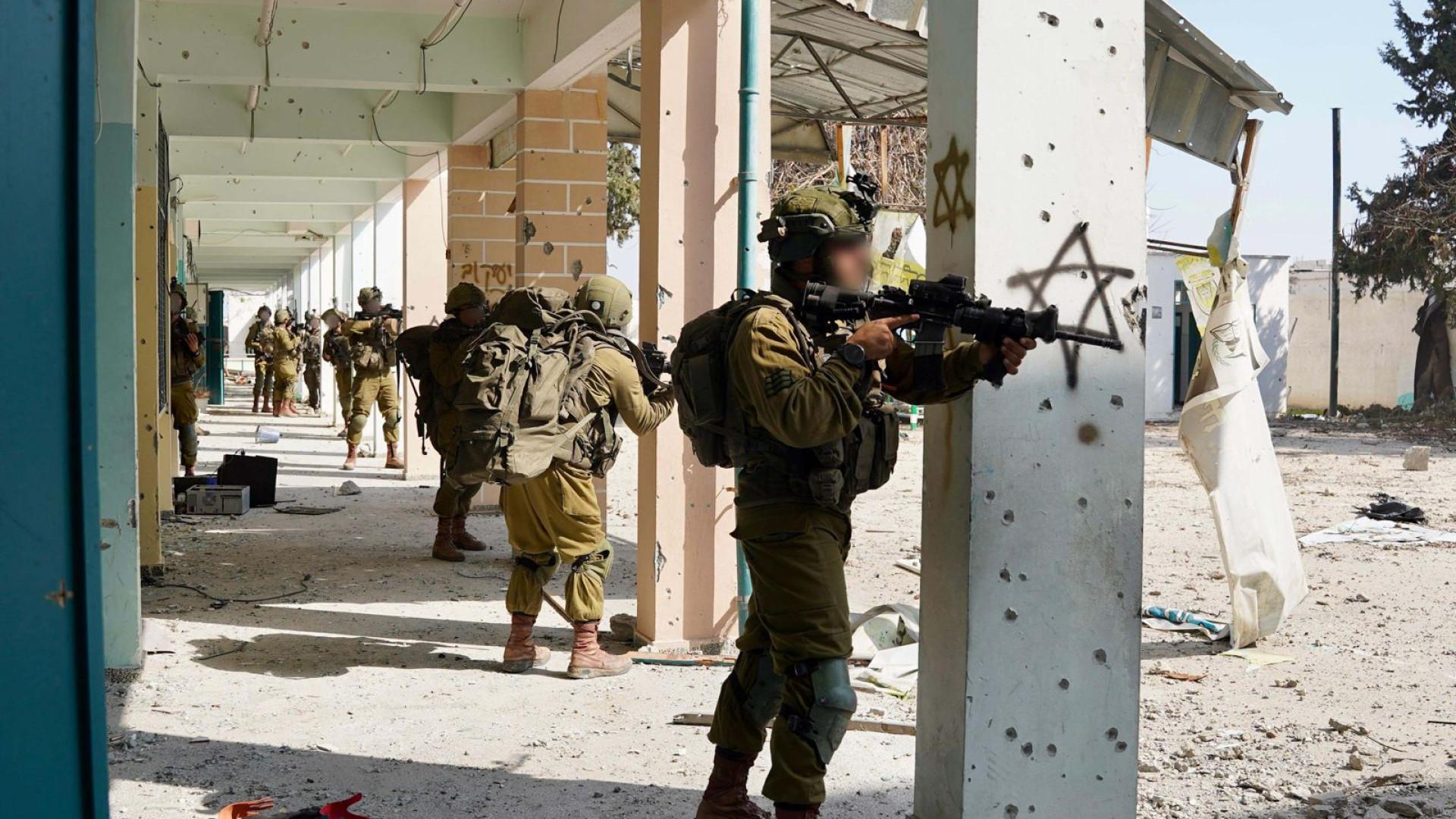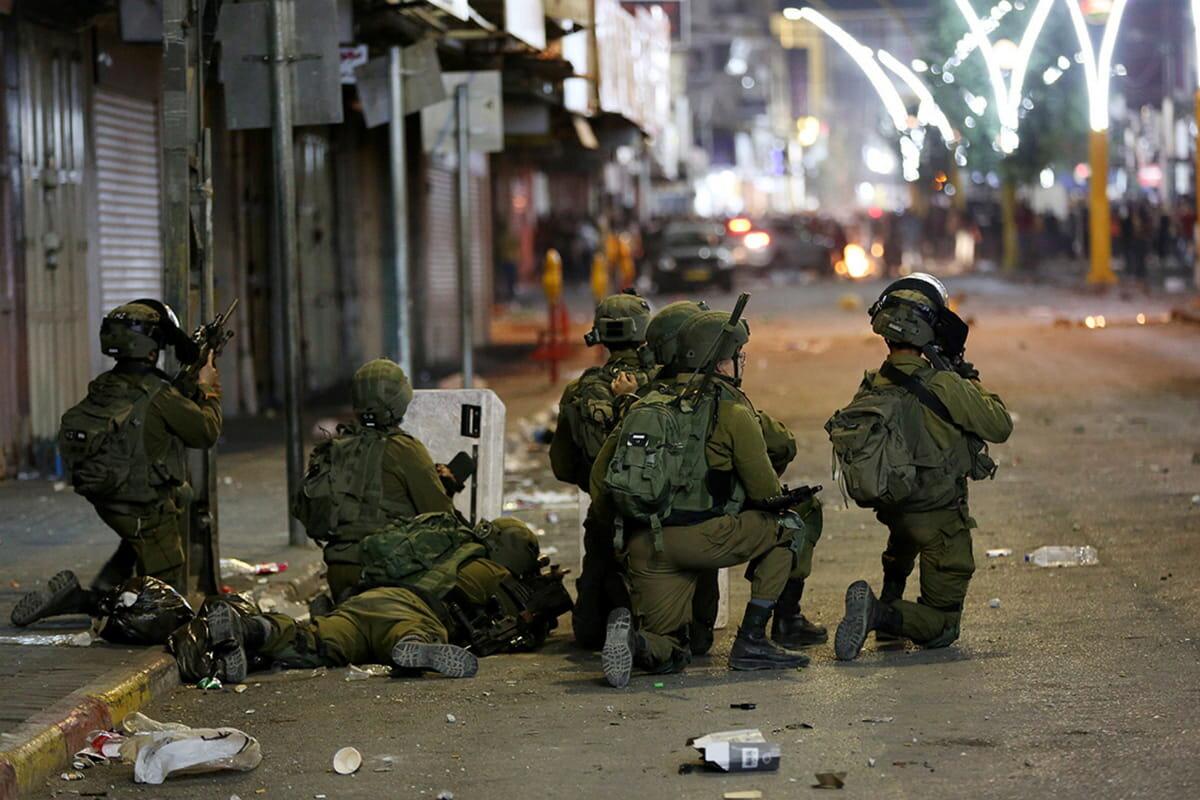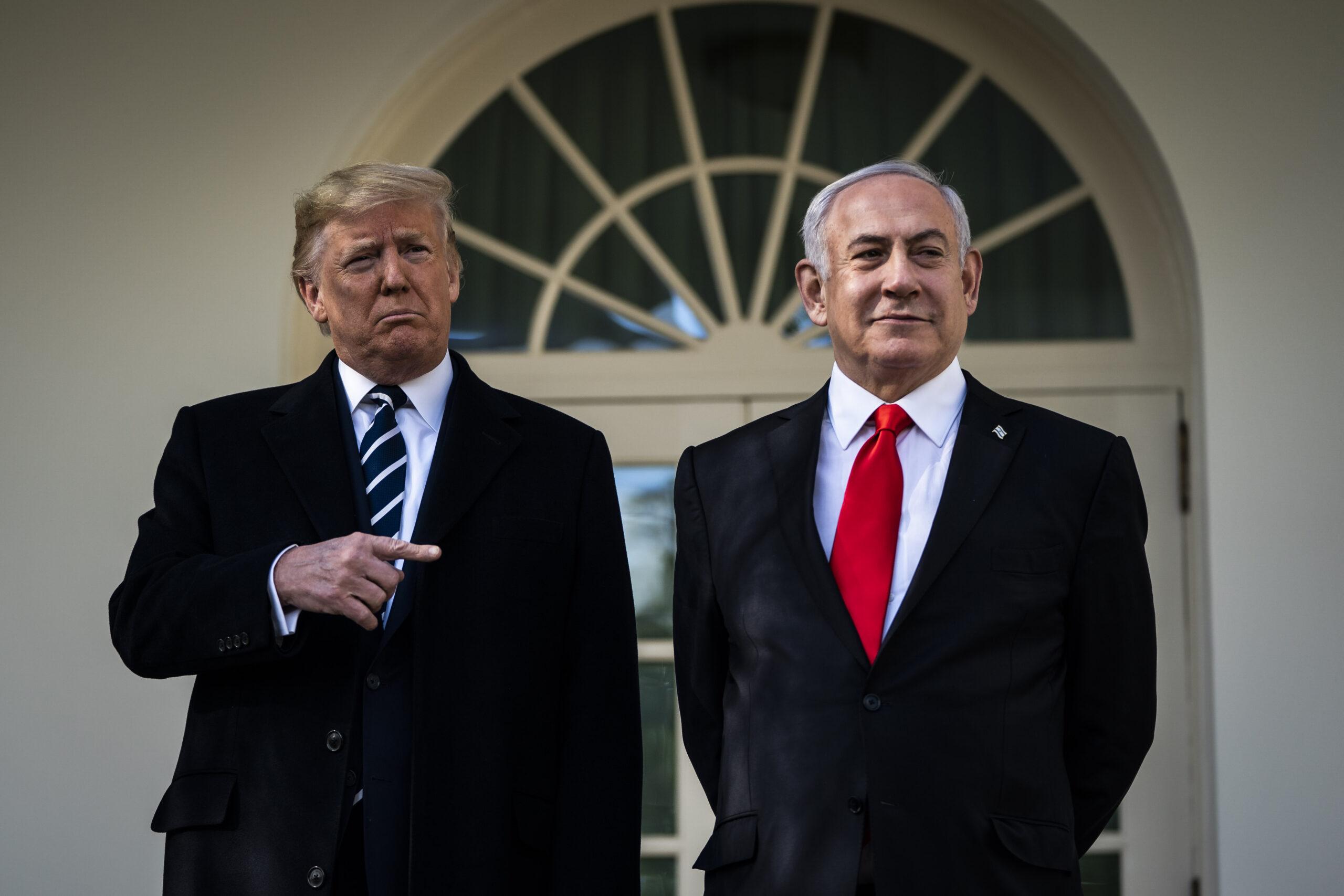Israel vs Hamas: Talks signal progress, but uncertainty looms Caliber.Az review
Israeli media, citing its links to senior officials, reported that talks held on February 23 involving an Israeli delegation and representatives of the US, Egypt and Qatar resulted in a breakthrough.
"The talks went very well and real progress was made," Haaretz newspaper reported, citing unnamed individuals. However, the status of these talks is unclear.
Meanwhile, Israeli troops are preparing for an offensive on Rafah, a town in the southern Gaza Strip, on the border with Egypt. More than a million people have taken refuge in the town, home to about 250,000 people before the war. The total number of Palestinians in Rafah may be as high as 1.5 million, meaning that 60-70 per cent of the Gaza Strip's population is fleeing bombing there. Thousands of Hamas fighters, who were withdrawn from other areas by the group, have also taken refuge there from Israeli attacks.
"The consequences of a full-scale Israeli offensive on Rafah are truly unimaginable," Avril Benoit, executive director of the US-based organisation Doctors Without Borders, said in an online briefing. - People are living in makeshift shelters that can't even protect them from the cold, and a military offensive on Rafah would turn it into a cemetery."
In the event of an operation in Rafah, Israel could attempt to withdraw the Palestinian civilian population to the north of the Strip. However, all infrastructure there has been destroyed, there are huge problems with water, fuel and food, it is unclear what humanitarian aid will be in that case, and, in addition, fighting continues in the north in several areas.

Outside Rafah, in the Gaza Strip, which has been almost completely destroyed, Israeli troops are present in most neighbourhoods. They have managed to inflict serious damage on Hamas and seize some territory, but where the army withdraws from there, Hamas militants come out of hiding and regain control of the neighbourhoods, along with Palestinian civilian municipal workers.
In addition, the militants are engaged in guerrilla warfare, emerging in small groups from underground tunnels and ruins of buildings, opening fire on the Israeli military and then trying to hide again. These strikes on IDF (Israel Defence Forces) communications can be very sensitive.
Will there be a deal with Hamas and a ceasefire?
Judging by the progress made in the talks, the sides may soon be able to present "an updated framework for a deal to swap Israeli hostages held in Gaza for Palestinian prisoners in Israel in the near future," Bloomberg reported. A foreign diplomat, who was not named, told Israel's Haaretz that "all sides are flexible and a deal could be reached before Ramadan," which begins the evening of 10 March.
In addition, Saudi media reported that Hamas has softened some of its key demands for a possible deal to release Israeli hostages. It appears willing to accept an initial truce of six weeks instead of a permanent ceasefire.

Thousands of Hamas militants stormed southern Israel on October 7, killing 1,200 Israeli citizens (of whom some 300 were military and 900 civilians), seized the headquarters of an Israeli division and dozens of armoured vehicles, inflicting on Israel one of the largest military defeats in its history. They also took some 250 Israeli citizens and foreign workers hostage. That pushed Israel's war in Gaza into its sixth month, killing some 30,000 Palestinians and wounding some 70,000, according to the Gaza Health Ministry.
According to Israeli data, some 10,000 Hamas militants are among the Palestinians killed. Israel has not confirmed the total Palestinian death toll. In the past, when independent international organisations have verified the Gaza Health Ministry's figures for the Strip's casualties during the clash with Israel, they have found them to be accurate.
Rising civilian casualties and a serious humanitarian crisis in Gaza have intensified calls for a ceasefire. The US is calling on Netanyahu to delay the next phase of military action in Gaza, targeting the city of Rafah, until Israel presents a clear plan to help civilians. Earlier this month, Bloomberg reports, US President Joe Biden signed an executive order allowing Washington to impose sanctions against Israeli settlers and officials involved in violence against Palestinians.
The Biden administration is not interested in continuing military action for many reasons. The war in Gaza has led to an escalation in the Middle East that threatens to turn into a full-scale military conflict between the US-Israeli coalition, on the one hand, and Iran and its proxies (which include Hamas), on the other.
The US elections will be held in November, and the current leaders in Washington are not eager to get involved in a major Middle East war with unpredictable results. In addition, according to economists' studies, military action, if seriously expanded, could lead to a sharp rise in oil prices and a slowdown in the global and US economy, which is important for Biden to avoid before the election.
In the US itself, some members of the Democratic Party electorate in power are outraged by Israel's actions and have turned away from Biden or may do so because of his cooperation with Israel, threatening, for example, to lose the crucial swing state of Michigan in the November elections. Finally, the war has seriously rocked the Muslim and Arab worlds, most notably the states bordering Israel and Gaza - Egypt and Jordan. An outbreak of protests in these countries could increase the instability of their pro-American regimes and lead to a new Arab Spring (a large regional uprising in 2011-2013).
However, it is unclear how much the US administration is willing and able to influence Israel and its policies.
A well-informed Israeli political observer from Yediot Ahronot, Nahum Barneh, points out that "the Israeli government is divided: part of the cabinet sees the deal with Hamas (ceasefire and hostage release) as a basis for negotiations; the other part categorically rejects it.
However, Israeli Prime Minister Benjamin Netanyahu is in both camps.... He has stepped up his rhetoric, allowed his coalition partners to launch vicious verbal attacks against the Americans, and threatened to extend the fighting to Rafah. At the same time, he worked quietly with Gantz and Eisenkot (generals and former heads of the Israel Defence Forces General Staff, leaders of opposition parties who agreed to join a special war cabinet with Prime Minister Netanyahu and Defence Minister Yoav Galant - note) on the details of an agreement with Hamas."
Pressure on Netanyahu
Netanyahu is under pressure from different sides. On the one hand, he is influenced by members of his own coalition government, representatives of the ultra-radical national-religious parties Itamar Ben-Gvir and Bezalel Smotrich. They see Israel as the holy messianic state of the Jews, of which the Gaza Strip is a part, and demand the destruction of Hamas at all costs and the maintenance of Israeli control of Gaza. If Netanyahu disobeys, they threaten to withdraw from his government. This would lead to new elections amid falling ratings for the Israeli prime minister and his Likud party - 4/5 Israelis blame him for the failure of security systems on October 7.
According to forecasts and polls by sociologists, his coalition, if he had managed to put it together at all, would have won 45 seats in parliament instead of 64, losing its majority and power. And with the court proceeding against him on corruption charges, this is especially unpleasant. Evil tongues accuse the Israeli prime minister of being held hostage by radical parties in his government.
On the other hand, Netanyahu is under pressure from the US. As mentioned above, the Americans are not interested in continuing the war, at least that's what they say. Netanyahu is oscillating between two positions. What he will choose in the end - an operation in Rafah to finally destroy Hamas military units or negotiations and a truce with Hamas, we will know soon.

There is a view in the expert community according to which Netanyahu will do exactly what is unfavourable to Biden. If Israel's policy leads to the collapse of Biden and the Democrats in the US elections, then Republican Donald Trump may come to power there. He is not just a friend of Israel. His family is friendly with the Netanyahu family. Trump is as pro-Israeli a politician as one can get, and it is advantageous for Netanyahu, according to this view, to do everything to help him get into power and fail Biden.
In that case, Netanyahu will be sticking it to the current administration in Washington. He will not negotiate with Hamas or, even if he does, the agreement will not last and later, perhaps in a few weeks, Israel will still launch an offensive on Rafah.
We will soon find out what the Israeli Prime Minister decides.








